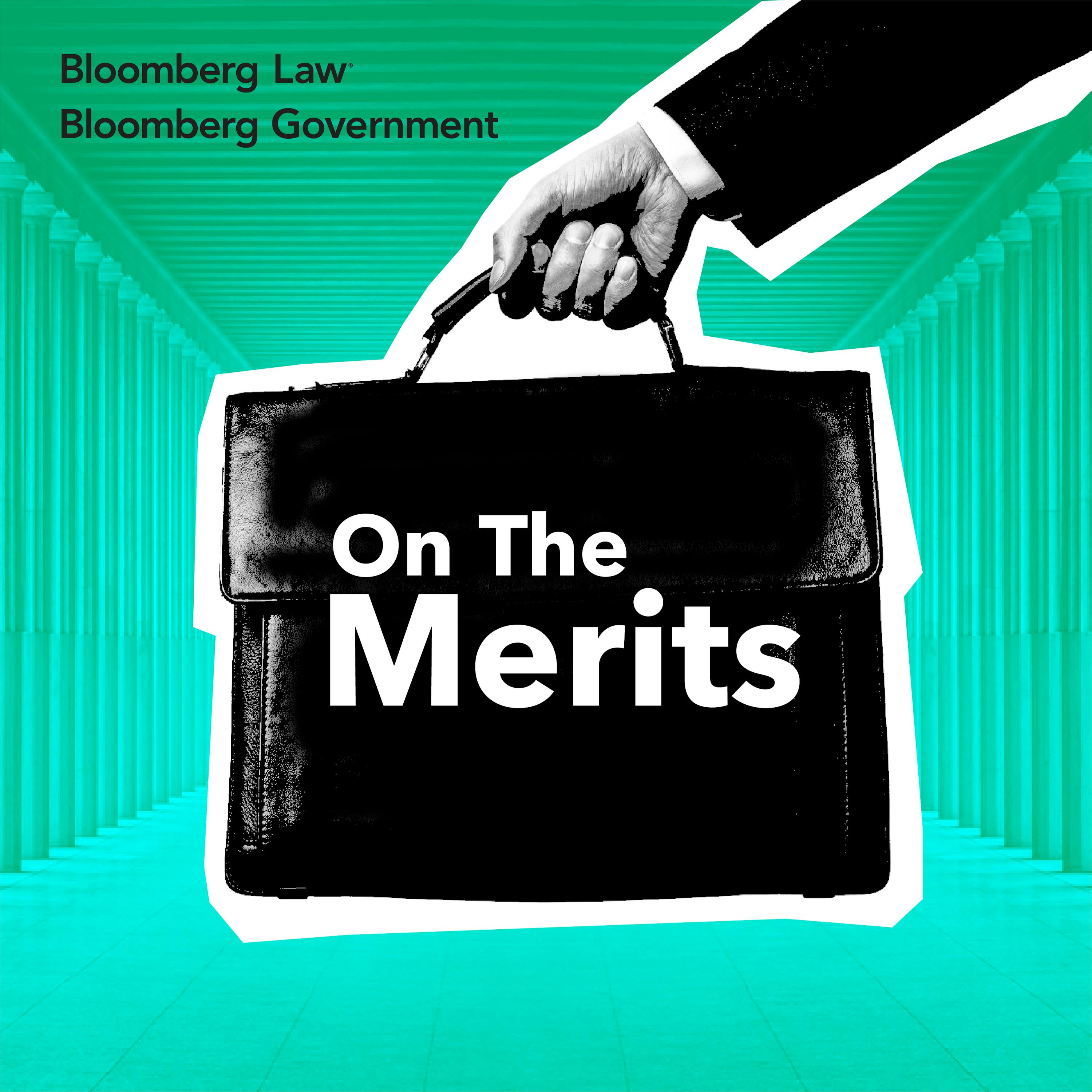Law Firms Need to Be Aware of Neurodivergence Trend
Description
A quarter of law students surveyed by Bloomberg Law late last year said they self-identify as neurodivergent, an umbrella term for people with ADHD, autism, or another condition that causes their brains to function differently than that of the average person.
But the same survey found that more than three times fewer working attorneys identify as neurodivergent. Which means, as more of this upcoming cohort of lawyers enters the workforce, firms may need to change their policies to accommodate them—or, at the very least, to avoid being hit with disability discrimination complaints.
Bloomberg Law analyst Jessica Blaemire analyzed the survey data, and also looked at federal data on discrimination complaints specifically related to neurodivergence. She joins our podcast, On The Merits, to talk about what these numbers mean and about what firms can do to make their workplaces more welcoming.
Do you have feedback on this episode of On The Merits? Give us a call and leave a voicemail at 703-341-3690.
More Episodes
Generative AI has promised to reshape the practice of law ever since ChatGPT emerged. However, it's been unclear just how large law firms are using AI. Has it changed how practitioners do their jobs on a daily basis? Are we witnessing the emergence of a revolution in how lawyers do their...
Published 11/19/24
President-elect Donald Trump is poised to further shape a federal judiciary he remade during his first term.
Building on his historic number of appointments, including Supreme Court justices Neil Gorsuch, Brett Kavanaugh, and Amy Coney Barrett, Trump will likely choose nominees that are even more...
Published 11/14/24
Published 11/14/24


